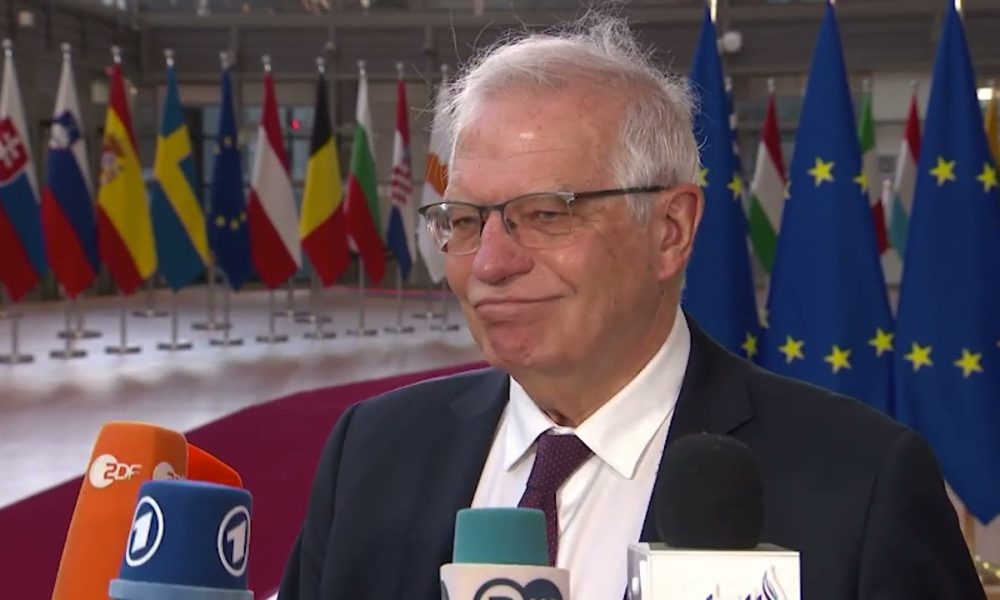Foreign ministers discussed the situation in Bosnia and Herzegovina, which is embroiled in its deepest crisis since the Dayton Accords in 1995.
Arriving at today’s (21 February) Foreign Affairs Council EU High Representative Josep Borrell said: “Bosnia i Herzegovina is going to take an important part of our meeting today because the nationalist and separatist rhetoric is increasing and jeopardizing the stability and the integrity of the country. Ministers have to take decisions about how to stop these dynamics and avoid that the country falls into pieces. This is a critical situation and the ministers will have to take some decisions about it”.
A recent vote by the Republika Srpska National Assembly, the Serbian national assembly within the country, to establish a separate court for its citizens was seen as another step in potentially separating itself from the state. The Bosnian Serb leader Milorad Dodik has also threatened to leave other key state institutions such as the joint armed forces and the indirect taxing authority.
Borrell has already pointed out in a statement that such a resolution would violate the already delicate political balance in Bosnia and Herzegovina.
There has been a series of phone calls between Borell and party leaders in Bosnia and Herzegovina in early February. In those calls he emphasized the EU’s commitment to keeping the country together and the EU’s willingness to work with the US to assist leaders in maintaining dialogue within state institutions.
There is currently an active military mission in Bosnia and Herzegovina – EUFOR-Althea – tasked by the UN Security Council and the EU Foreign Affairs Council with providing a deterrent to further conflict and supporting the authorities in the country in order to maintain peace and security. In November of last year the UN Security Council agreed to extend EUFOR-Althea’s mission for a further year.
The European Parliament has called for targeted restrictive measures against Dodik and his allies.
Share this article:


























